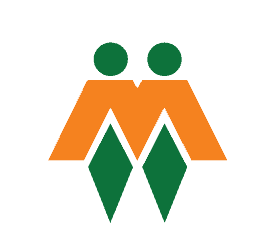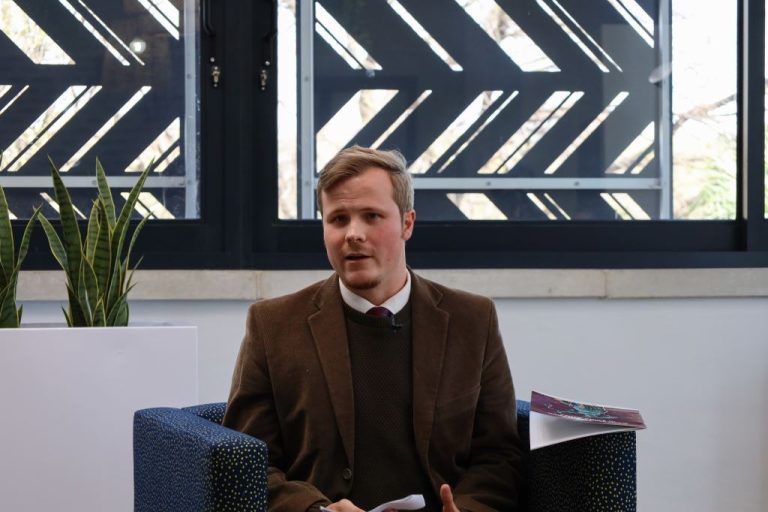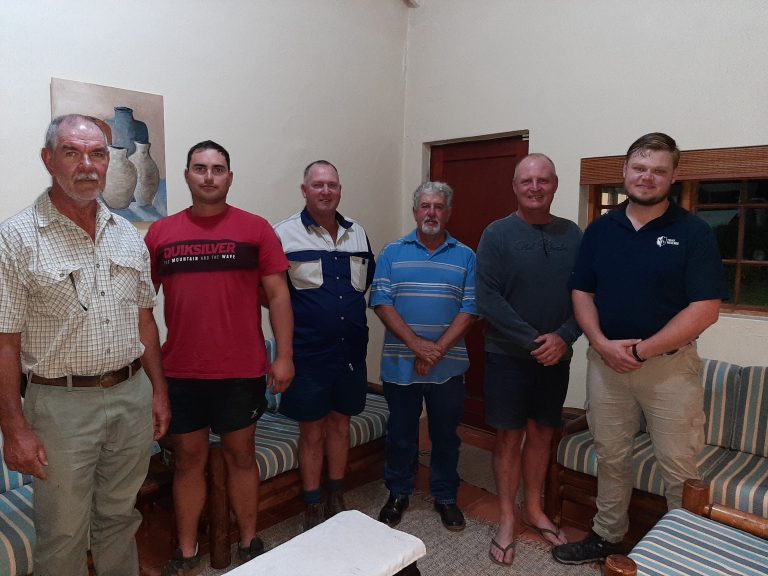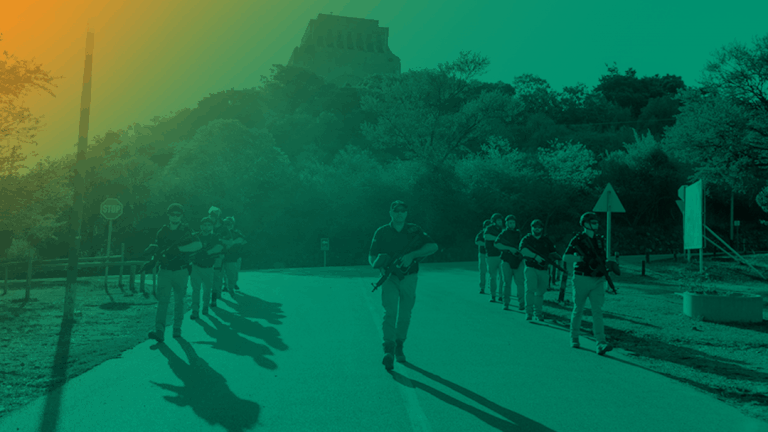Liquor licence application delayed for nearly two years; AfriForum demands answers from the Gauteng Liquor Board
Nearly two years. This is how long one Gauteng small business owner is already waiting to finalise the application process for a liquor licence, which is supposed to take a maximum of 90 days, with the Gauteng Liquor Board (GLB). Given this delay and the concerning allegations of bribery at this board, AfriForum is urging the GLB to provide an explanation. The civil rights organisation therefore submitted an application to the board today under the Promotion of Access to Information Act (PAIA).
The small business owner involved, whose name is being withheld for security reasons, argues that the GLB’s lack of communication and investigative ability to approve licences as well as allegations of corruption at the board are of particular concern. He submitted his application in January 2023 and is still struggling to get clear communication from the GLB about his application.
In its PAIA application, AfriForum requests the GLB to provide complete information on the backlog of liquor licence applications and to indicate how many applications have been received and approved in the past two years. Policies on the prevention of corruption and bias in the application process as well as guidelines for handling complaints from applicants were also requested in the application.
According to Charné Mostert, Campaign Officer on Corruption at AfriForum, the GLB exploits honest businesses that apply for liquor licences. “Liquor board officials allegedly reject or delay law-abiding individuals’ liquor licence applications, demanding bribes from applicants to approve them. This occurs while illegal alcohol traders continue their illegal activities unabatedly,” explains Mostert.
Sanderien van der Walt, Manager at AfriForum Sakenetwerk, a network that campaigns for businesses’ progress in South Africa, says: “When approval for a liquor licence is delayed, it can seriously harm businesses. Delayed licence approval affects the cash flow of a business because the business cannot sell alcohol, which often makes up a large part of the income. It can also damage the company’s reputation, especially if customers expect it. In addition to these reasons, long application procedures can cause inconvenience and ambiguity that can deter potential investors and hinder the growth of a business. It therefore has a direct impact on a business’ sustainability.”
In addition to AfriForum’s request for information on the approval of liquor licences, the organisation also requested documentation and reports on investigations and sanctions for non-compliance as well as information regarding the measures taken against illegal liquor sales, especially in connection with sales to minors.
According to Mostert, this component of AfriForum’s PAIA application is essential to determine whether the GLB treats illegal sales of liquor and liquor sales to minors with the necessary seriousness, and to determine whether the board makes an effort to prevent tragedies such as the death of 21 people at an East London tavern in 2022.
AfriForum will expand its investigation to other provincial liquor boards if complaints regarding corruption or a delay in the approval process are reported to the organisation.








